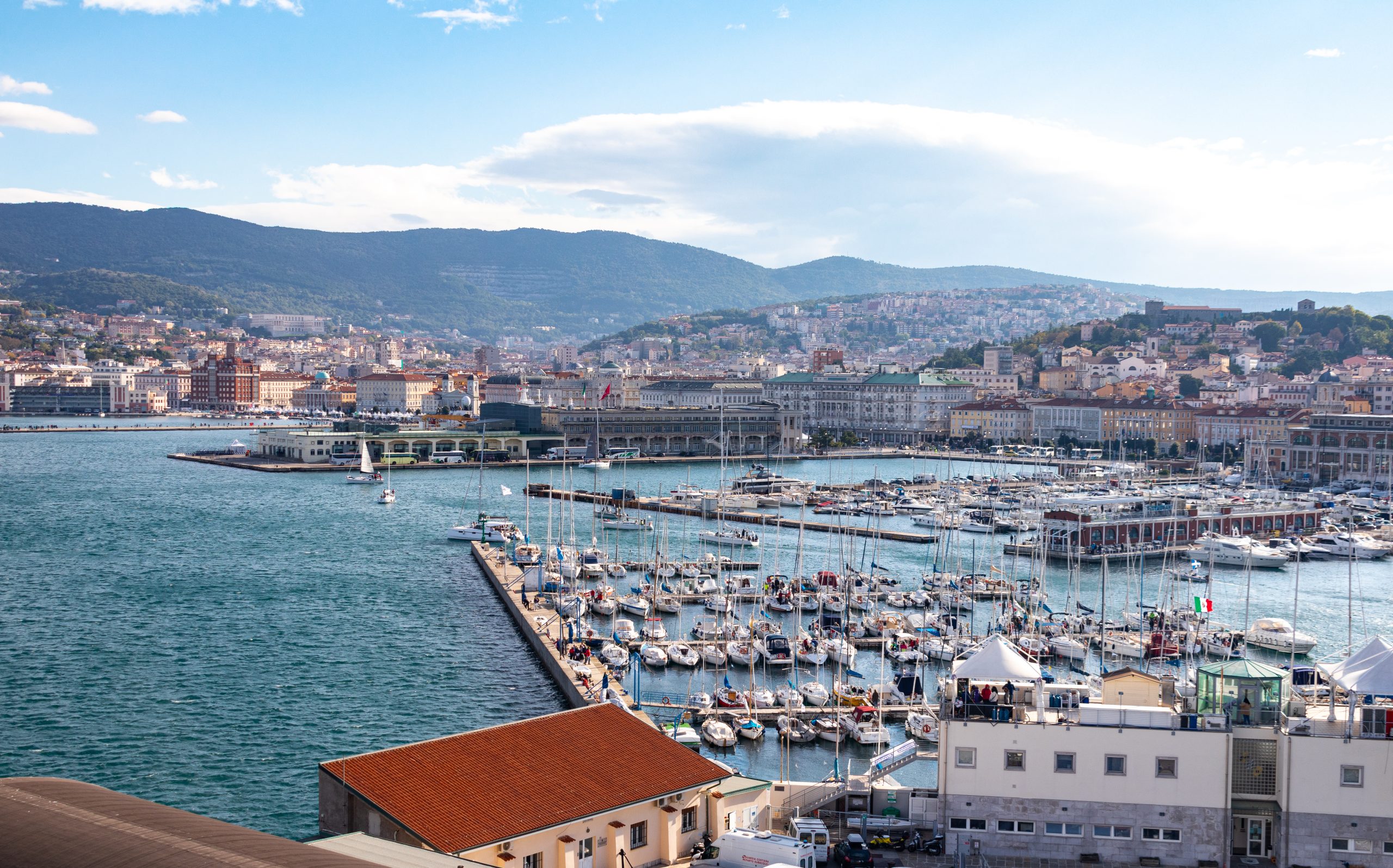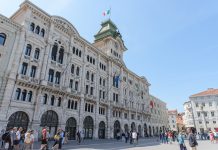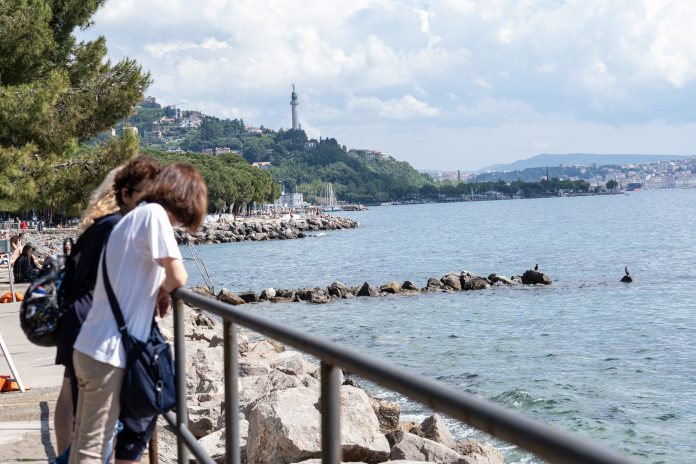by InTrieste
The Regional Council’s II Commission has given final approval to a bill introducing a new regional code governing commerce and tourism, consolidating multiple regulations into a single legislative framework.
Sergio Emidio Bini, the regional councilor for productive activities and tourism, expressed satisfaction with the measure, describing it as “modern, streamlined, and functional, addressing the needs of service-sector operators.” He thanked both majority and opposition councilors for a “constructive approach” that enabled rapid approval.
The new code aims to simplify and reduce bureaucracy, merging a fragmented legal framework that previously spanned 14 separate laws into a single document, and cutting the total number of articles from 567 to 143. Funding of 134 million euros has been allocated over the next two years to support implementation, with 66 million euros earmarked for 2026 and 68 million euros for 2027.
Among the amendments approved, municipalities will now have the authority to designate protected zones where opening or relocating food and beverage establishments requires authorization. The previous 5,000-euro cap on regional contributions for neighborhood shops has been removed, with amounts now to be determined through future regulations.
The bill also modifies the application of the TUReSTA voucher, restricting it to areas with lower tourist traffic, and allows labor organizations to participate in commerce district partnership agreements. The mandate of the current Commerce Observatory will also be expanded to cover tourism.
Key elements of the new regional code include a reform of commercial urban planning to support small, medium, and large retail establishments through incentives and streamlined procedures. A regional masterplan will map retail spaces across Friuli Venezia Giulia to ensure coordinated development.
In the tourism sector, the code promotes “slow tourism” initiatives, including cycling routes, pedestrian paths, and support for accommodations located along these routes. Local tourism promotion consortia will receive dedicated funding, and a new classification system for tourist accommodations will be introduced, aligning more closely with European standards and including a voluntary service-based certification linked to promotional programs managed by PromoTurismoFVG.
The legislation also extends the ability to levy a tourist tax to all municipalities and grants greater local autonomy in managing these funds, provided there is coordination with PromoTurismoFVG for promotional investments. For revenues exceeding 100,000 euros, a consultation with PromoTurismoFVG and local stakeholders will be required.
The new code represents a significant effort to modernize Friuli Venezia Giulia’s commercial and tourism regulatory framework while balancing regional oversight with local flexibility.
































